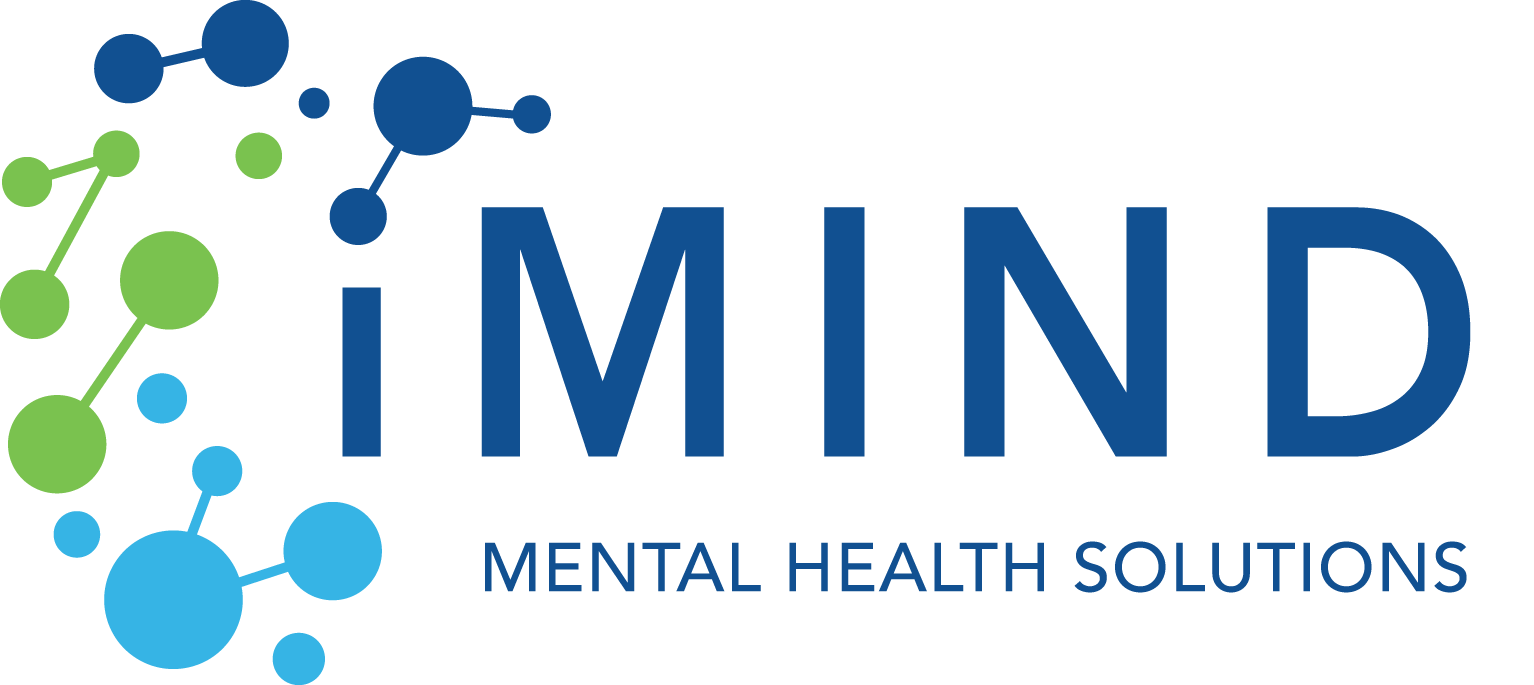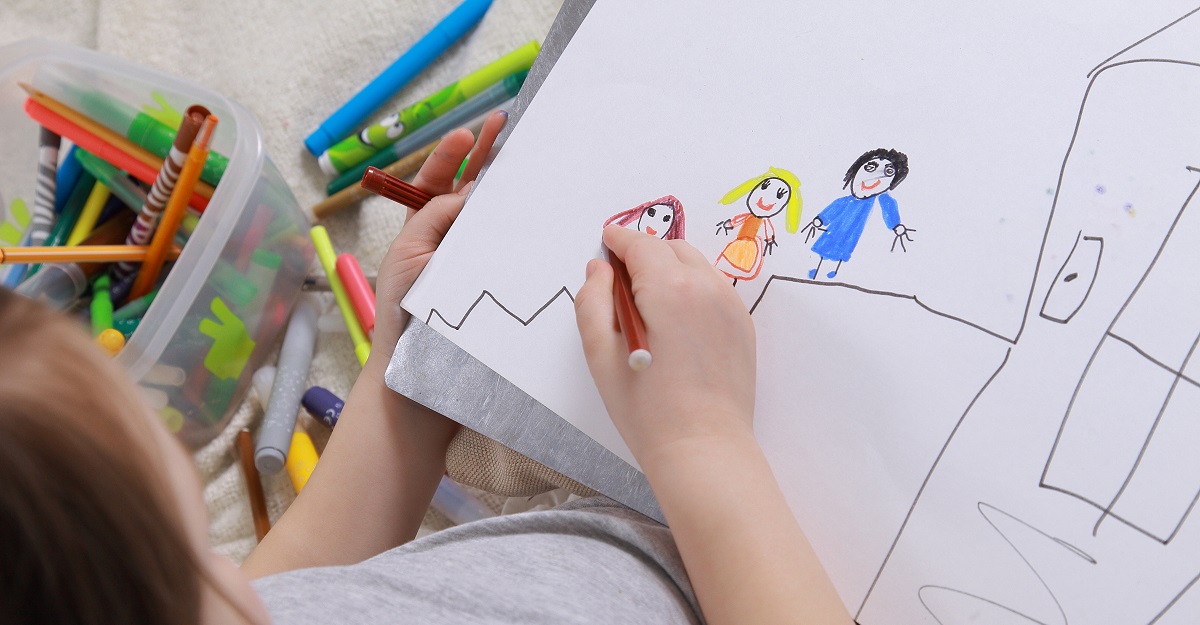20 Best Mental Health Movies
Published By Justin Baksh, LMHC, MCAP
December 15, 2023

In recent years, the portrayal of mental health in popular media, including books, television, and movies, has evolved dramatically, playing a pivotal role in public perception and understanding. These mediums have the power to influence how society views mental health conditions, fostering empathy, awareness, and, potentially, reducing stigma. Through storytelling, characters, and narratives, media can offer a window into the complex world of mental health, highlighting both the struggles and triumphs individuals face.
However, it is important to recognize that portrayals in media may not always reflect the full reality of living with mental health conditions. While some narratives capture these experiences with depth and sensitivity, others might oversimplify, misrepresent, or dramatize these conditions for entertainment purposes. Consequently, these portrayals can sometimes lead to misconceptions or reinforce stereotypes about mental health issues.
The following films that have successfully portrayed mental health conditions. While these films offer valuable insights and have sparked important conversations, they should be viewed as starting points for discussion and learning rather than definitive representations of the complexities of mental health.
20 Best Movies About Mental Health
- A Beautiful Mind (2001): This film, based on the true story of John Forbes Nash Jr., explores the life of a mathematical genius living with schizophrenia. It captures the challenges he faced, including paranoia and delusions, and how they impacted his career and personal life.
- Silver Linings Playbook (2012): This movie portrays bipolar disorder through the character of Pat Solatano who struggles to rebuild his life after a stint in a mental health hospital. It highlights the emotional range associated with bipolar disorder and how it affects family and relationships.
- Girl, Interrupted (1999): This drama, based on Susanna Kaysen’s memoir, follows a young woman’s 18-month stay in a psychiatric hospital after a suicide attempt, addressing borderline personality disorder and the concept of what society deems as “crazy”.
- Rain Man (1988): This classic movie tells the story of two brothers, one of whom, Raymond, is an autistic savant. It brings a nuanced awareness of mental health and autism to the forefront.
- The King of Staten Island (2020): This film delves into the life of a young man struggling with depression and a bipolar disorder diagnosis, highlighting the challenges of mental health disorders and their impact on personal growth and relationships.
- Good Will Hunting (1997): This movie explores the effects of child abuse and abandonment into adulthood, featuring a young genius who struggles with attachment disorders and confronts his painful past through therapy sessions.
- One Flew Over the Cuckoo’s Nest (1975): A classic film that provides a broad view of mental illnesses and the institutionalization of those with mental health conditions, One Flew Over the Cuckoo’s Nest showcases a range of mental health issues.
- Matchstick Men (2003): This film follows a con artist struggling with obsessive-compulsive disorder (OCD), agoraphobia, and panic attacks, depicting the rituals and behaviors of someone living with OCD.
- Infinitely Polar Bear (2015): This film presents the life of a father with bipolar disorder who becomes the sole caregiver for his daughters, portraying the impact of mental illness on families.
- The Perks of Being a Wallflower (2012): This coming-of-age movie adeptly shows the highs and lows of growing up with mental illness, focusing on a teenager dealing with anxiety, depression, and trauma.
- Please Stand By (2017): This film follows a young Star Trek fan with autism on her solo journey to Los Angeles to submit her manuscript to a Star Trek writing competition. The movie captures her challenges and determination and offers a compelling look at autism, especially as it relates to independence, creativity, and pursuing one’s passions. By portraying the character’s autism as part of her identity but not defining her entirely by it, this movie humanizes the condition and showcases the individuality of those on the autism spectrum.
- Son-Rise: A Miracle of Love (1979): This TV movie is based on the true story of the Kaufman family and their son Raun, who was diagnosed with severe autism and developmental delays. The film depicts the family’s journey as they develop the Son-Rise Program, an innovative and controversial approach to autism treatment at the time. It highlights the power of parental love and dedication, demonstrates the potential of tailored, empathetic approaches to autism, and offers an inspiring perspective on the possibilities of reaching and connecting with children diagnosed with autism.
- Beautiful Boy (2018): Chronicles a family’s experience with addiction, focusing on a father-son relationship and highlighting the impact of drug abuse and the journey toward recovery.
- 500 Days of Summer (2009): 500 Days of Summer explores the mental health issues within a relationship, examining flawed perceptions and the journey to empathy and understanding.
- The Basketball Diaries (1995): An autobiographical film about adolescent addiction, this film portrays the debilitating effects of drug use and the path to recovery.
- Being Charlie (2015): Being Charlie follows an 18-year-old grappling with drug addiction, depicting his challenges and the recovery process within a rehab facility.
- The Anonymous People (2013): This documentary looks at the addiction recovery community, explores modern approaches to traditional 12-step ideology and features personal recovery stories.
- The Story of the Weeping Camel (2003): An indigenous-made film highlighting the importance of parental-child relationships in mental health, The Story of the Weeping Camel offers an alternative view to medication-based interventions.
- Still Alice (2014): Actress Julianne Moore won an Oscar for Best Actress for her portrayal of a linguistics professor diagnosed with early-onset Alzheimer’s disease in this compelling movie. It depicts the devastating impact of the illness on those who suffer from the disease as well as on their families.
- It’s Kind of a Funny Story (2010): Set in a mental health hospital, this film tells the story of a 16-year-old dealing with depression and suicidal thoughts, adeptly using humor to navigate serious conditions.
Each of these films offers a unique perspective on mental health issues, from the challenges of addiction and the complexities of relationships to the impacts of diseases like Alzheimer’s.
Viewer Discretion Advised
Most of these films contain mature content that may be disturbing or inappropriate for some viewers. When watching films that depict mental health issues, particularly if you are sensitive to the content, follow these suggestions to keep yourself safe.
- Research Before Watching: Look up the film’s themes and content to ensure it is something you are comfortable with. Viewer discretion warnings, online reviews, and content summaries can be useful here.
- Watch in a Safe Environment: Choose a comfortable and secure setting. Watching with a trusted friend or family member can provide support if needed.
- Take Breaks: If the content becomes overwhelming, do not hesitate to pause the film and take a break. It is important to listen to your own mental and emotional needs.
- Reflect and Process: After watching, take time to reflect on the film’s themes and how they made you feel. Journaling or discussing the film with others is a healthy way to process your feelings about what you have seen.
- Seek Support if Needed: If a film triggers distressing emotions or memories, seek support from mental health professionals, helplines, or support groups.
Remember, it is always okay to stop watching something if it negatively affects your mental health. Your wellbeing is the priority.
The Bigger Picture
Mental health movies can open doors to understanding, but they cannot tell the whole story. Each person’s mental health journey is unique, and it is vital to see beyond media portrayals to the real people behind these stories.
Everyone, regardless of their struggles, is a human being deserving of empathy and acceptance. Let’s move past stereotypes and approach mental health with an open heart. Remember, a person’s behavior is just a part of their story; beneath that is someone who needs love and acceptance, just like anyone else.






